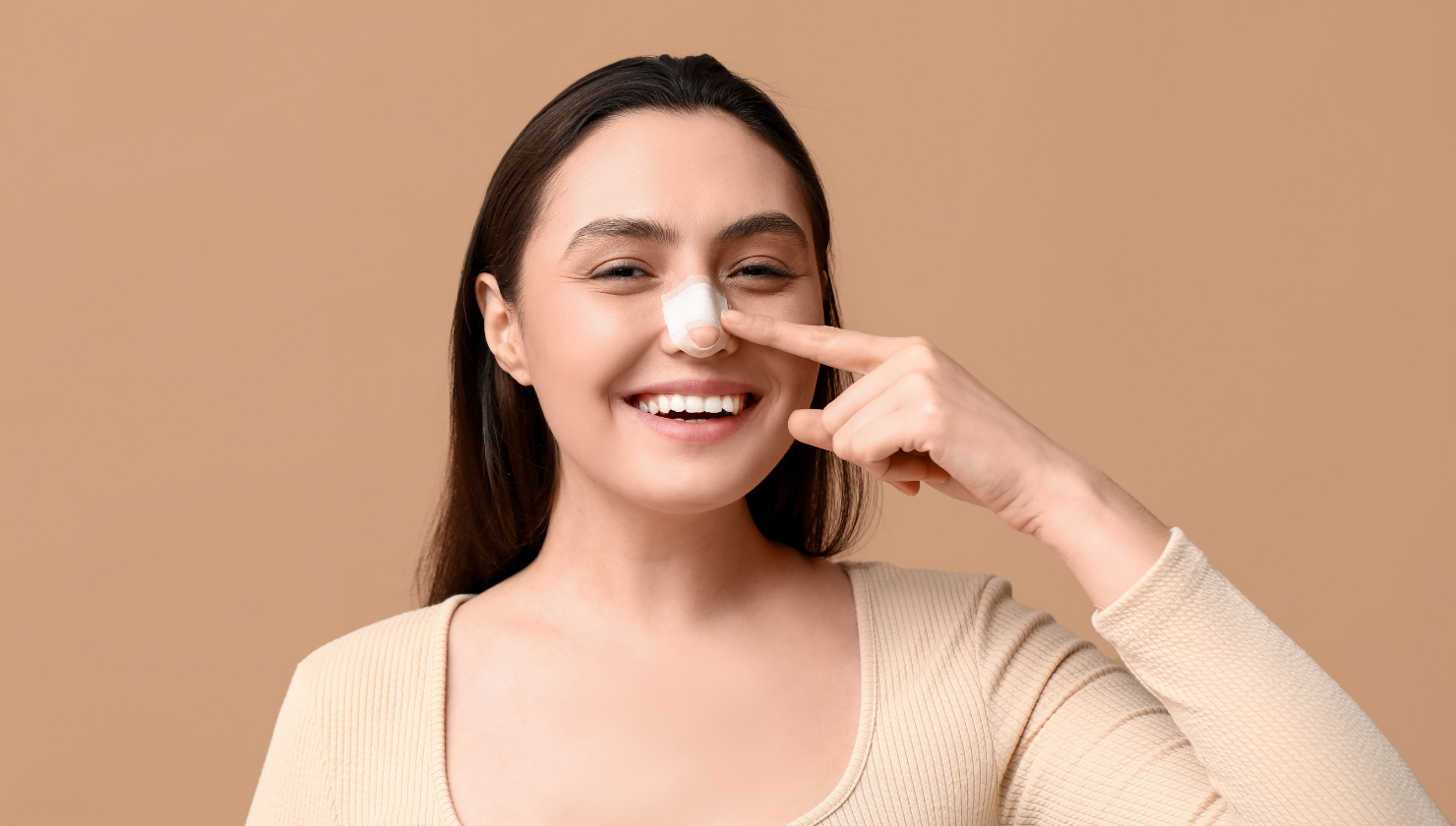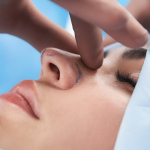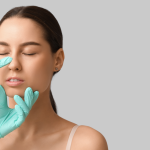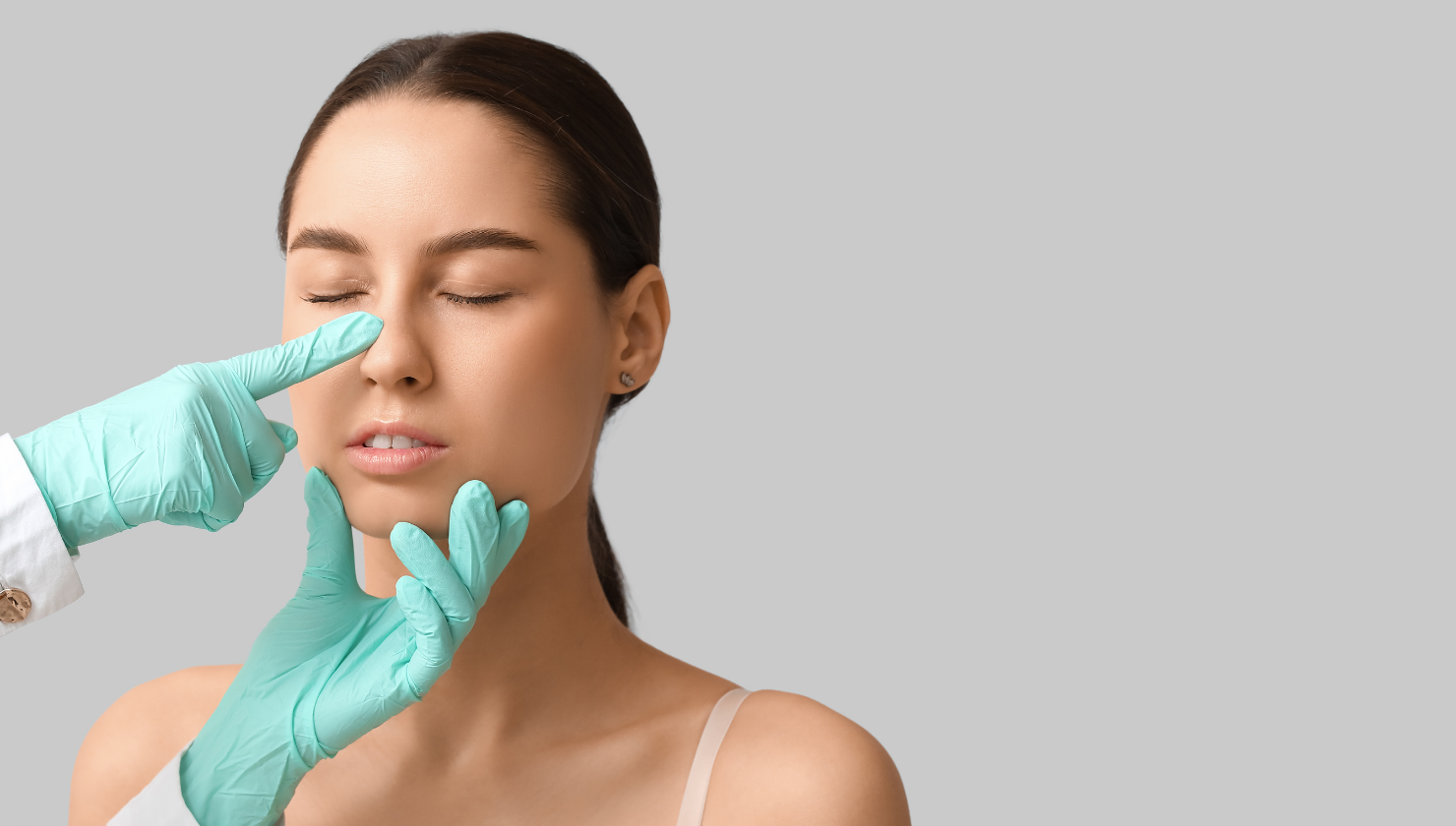Although rhinoplasty is one of the most preferred aesthetic operations, it is essential to know what will happen both before and after rhinoplasty before making a decision. In this way, healthier decisions can be made and the most accurate result can be achieved. Here are the things to know before rhinoplasty;
- Blood-thinning medications such as aspirin should be discontinued at least 10 days prior to surgery, as they may increase bleeding during the operation.
Herbal teas and vitamin supplements should also be stopped, as they can have similar effects.
In case of a cold, flu, or any respiratory infection, you must consult your doctor. Depending on the condition, the surgery may be postponed.
Blood tests and anesthesia evaluations will be conducted before the operation. If the results are favorable, there are no obstacles to proceeding with surgery.
On the day of the operation, choose button-up clothing. These will be more comfortable to wear when you’re discharged.
It is important to fast for the recommended time period before the surgery.
Avoid makeup, nail polish, and hair styling products like gel on the day of surgery.
If you’ve previously had rhinoplasty with another surgeon, you should wait at least one year before undergoing a revision rhinoplasty.
AFTER RHINOPLASTY SURGERY:
- You will need to stay under observation for one night following the operation before being discharged.
Swelling and bruising are normal and expected. However, they will typically disappear completely within 10 days.
After surgery, you will have a nasal splint on your nose, and sometimes tampons are also used. These are usually removed on the 7th day after surgery.
It takes approximately one year for the nose to fully settle into its final shape. During this period, mild swelling is normal and may resemble residual puffiness or edema.
When sleeping, it is advised to use two pillows to keep your head elevated, reducing swelling and ensuring better recovery.
Avoid direct sun exposure for the prescribed duration. When going outside, use high SPF sunscreens to protect your nose from UV damage.
Any crusting inside the nose can be gently cleaned with a cotton swab, but always do this with care.











